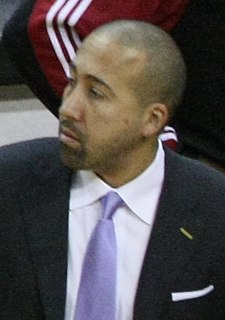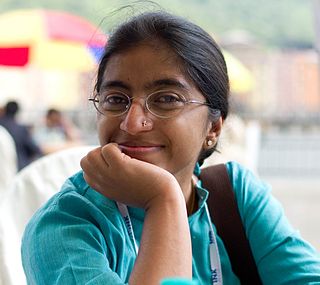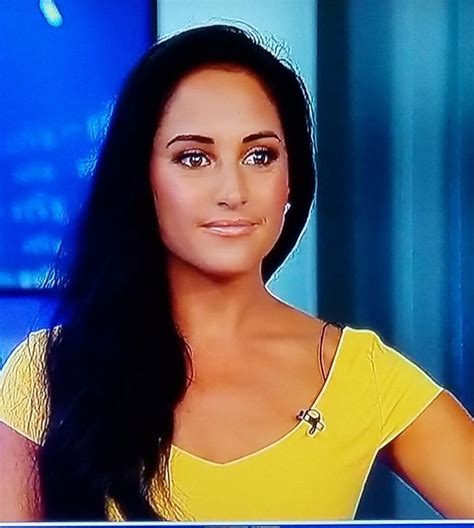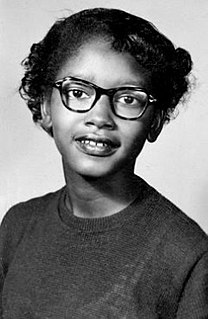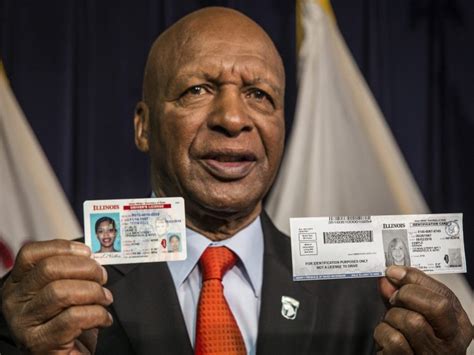A Quote by Tina Knowles
When my kids were young, we used to go to a place called The Shrine of the Black Madonna in Houston. It was an African-American bookstore where they sold paintings, but they also had a room that was an all-purpose center. If you wanted to have a dance recital or anything that was related to the community activities, you could have it there.
Related Quotes
In community after community, there are unemployment rates among young African-Americans of 30 to 40 percent. Thirty to 40 percent! Kids have no jobs, they have no future. That is an issue that has got to be dealt with simultaneously as we deal with police brutality, voter suppression and the other attacks that are taking place on the African-American community.
All my playmates were black. I lived in a little community called Archery (ph) in a rural area. And I didn't have any white neighbors at all. So all my kids with whom I fought and wrestled and went fishing and worked in the field and so forth were African-Americans. And that was my life. So when I got to be school age, we had to separate during the daytime, but I always felt like I was in an alien environment when I was in Plains, Georgia with white kids. I was eager to get back where I belonged with my black playmates.
There are not a lot of young African-American guys who come through the video room. I wanted to make sure I was one of those guys, not only to live up to that standard but almost make a breakthrough for young African-American men. There is a pathway for you through the video room as well, but you have to be willing to do the work.
In [India] and across the globe, hundreds and thousands of children, as young as three, as young as four, are sold into sexual slavery. But that's not the only purpose that human beings are sold for. They are sold in the name of adoption. They are sold in the name of organ trade. They are sold in the name of forced labor, camel jockeying, anything, everything.
When I was a kid, I'd go to the African-American section in the bookstore, and I'd try and find African-American people I hadn't read before. So in that sense the category was useful to me. But it's not useful to me as I write. I don't sit down to write an African-American zombie story or an African-American story about elevators. I'm writing a story about elevators which happens to talk about race in different ways. Or I'm writing a zombie novel which doesn't have that much to do with being black in America. That novel is really about survival.
In a moment when young black voters were key to the election and the reelection of a black president, when the Department of Justice has been led these years by the first two African-American attorneys general, when many big cities boast African-American league prosecutors and police chiefs and mayors, even in this moment, why is it that it still feels to so many young people that there is more power for change on the court than in the courts?
The African-American is often used, and has conspired with the rest of America to be used, as a diversion from America's problems. I wish African-Americans would stop contributing to this sideshow. I also wish all African-Americans would cease to sing and dance just for a generation. I think we provide too much entertainment.
African Americans, in particular, saw their cumulative wealth crash. They used to have 10 cents on the dollar of the average white family. That 10 cents on the dollar that the African American family used to have crashed down to 5 cents on the dollar, given the focus of predatory lending on the African American community and the degree to which they were really devastated by the foreclosure crisis. So yeah, I think there is a lot of disappointment out there.
You know, when Trayvon Martin was first shot I said that this could have been my son. Another way of saying that is Trayvon Martin could have been me 35 years ago. And when you think about why, in the African American community at least, there's a lot of pain around what happened here, I think it's important to recognize that the African American community is looking at this issue through a set of experiences and a history that doesn't go away.
My grandfather had asked me many times whether I'd like to come to South Carolina with him. He wanted to introduce me to our people down there and I didn't want to go. In those days, the South was still a place where black kids were lynched. Something horrible could happen to you. I've had that feeling my whole life.



